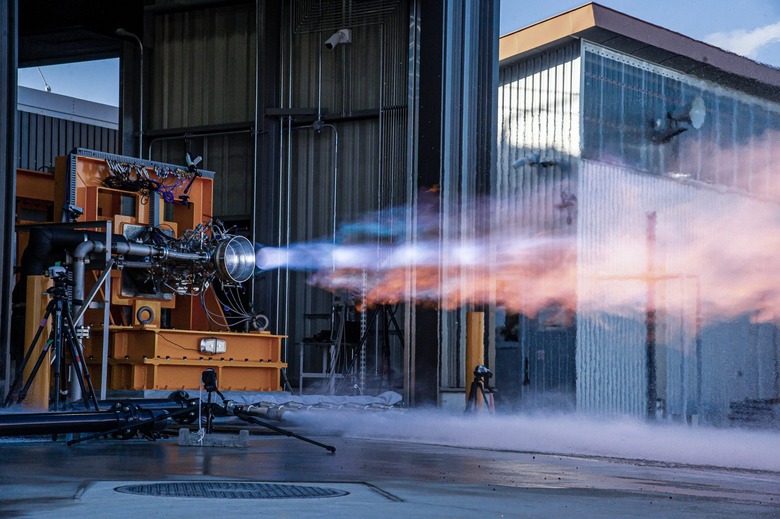This Rocket Engine Runs Off Cow Dung
A Japanese startup is experimenting with alternative rocket fuel options. The startup, Interstellar Technologies Inc., says it was able to kickstart a space rocket engine designed to run off locally-sourced cow poop. The touted high-efficiency, low-cost combustion chamber is known as ZERO, and it could help launch small satellites into space in the future.
The company says that its 10-second static fire test was successful and that it shows that a rocket engine can be powered by liquid biomethane, which was derived from cow dung sourced from nearby dairy farms. Videos shared on X (formerly Twitter) show that the engine did indeed succeed at its static test, and that it shot out a super-hot jet of blue, horizontal flame.
Interstellar Technologies Inc. says that it hopes to test the ZERO space rocket engine several more times between now and January. It says that the engine should be powerful enough to help carry satellites into low-Earth orbit.
/
Breaking news from the test stand🔥
\
Here's a short footage of IST's first static fire test using Liquid Biomethane🚀 pic.twitter.com/695ld0kGmo— Interstellar Technologies (@istellartech_en) December 7, 2023
As exciting as ZERO is, and the possibility of using chemicals derived from dung is huge, building a rocket engine that can carry a spacecraft like NASA's Orion pod into orbit requires intense power and fuel capabilities. It's unclear if the fuel source that ZERO uses will be able to stand up to those requirements.
There's also some environmental power behind the move to fuel made from chemicals derived from dung. Currently, SpaceX, which is one of the most used rocket launch companies in the world, relies on fuel made from kerosene and oxygen to lift off. However, emissions from these launches can leave particles of black soot in the upper atmosphere, which have the potential to remain there for several years.
It's unclear how much their presence might be adding to our global warming issues, or how much damage they might be doing to the ozone layer in the process. As such, finding an engine like ZERO that can lift off without those harsh chemicals could prove very useful for space endeavors going forward.
